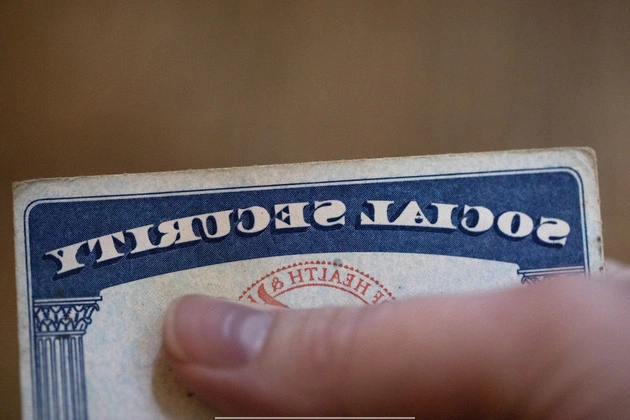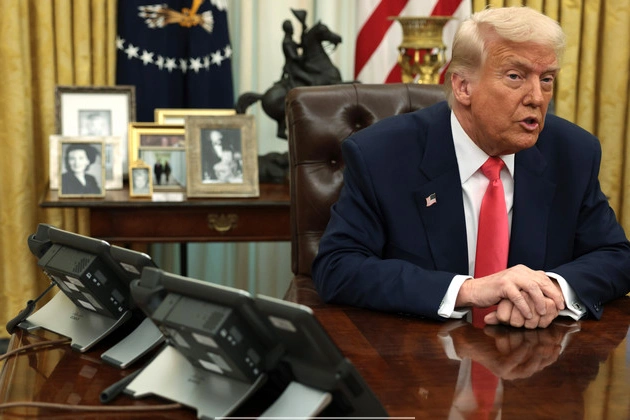
The Supreme Court has announced its decision to review the legality of the potential ban on TikTok in the United States, specifically addressing concerns related to the First Amendment.
This legal matter has been expedited by the high court, with scheduled arguments set for January 10, just nine days prior to the enforcement date of a law that could result in the ban of the popular app or necessitate its sale by its parent company, ByteDance, which is based in Beijing.
Accelerated Legal Process
TikTok had urgently requested the justices to issue an emergency injunction to pause the law temporarily and extend the January 19 deadline, allowing the Supreme Court ample time to consider whether to take up the case. This accelerated timeline would have provided President-elect Donald Trump an opportunity to seek a resolution to the matter. However, the Supreme Court opted to proceed with a full legal review during the holiday season, focusing on the crucial First Amendment issues at hand and aiming to conclude the case before the presidential inauguration.
Anticipation and Response
TikTok spokesperson Michael Hughes expressed satisfaction with the Supreme Court’s recent order, anticipating a favorable ruling that would safeguard the free speech rights of over 170 million American users of the platform. In contrast, the Justice Department declined to comment on the ongoing legal proceedings.
President Trump, who has previously expressed conflicting views on TikTok, has not indicated post-election whether he intends to intervene in the ban decision, despite his campaign promise to ‘save TikTok.’ Legal analysts speculate on potential courses of action that the incoming president, Joe Biden, could pursue to counter the ban, including legislative appeals, enforcement directives, or negotiation strategies with ByteDance.
Legislative Background
The legislation mandating the sale or prohibition of TikTok was enacted earlier this year with bipartisan backing, citing national security concerns and potential data privacy risks associated with the app’s Chinese ownership. Legal battles ensued, with proponents of the law emphasizing security imperatives, while opponents argued for the preservation of free speech rights for American users.
Both parties involved in the legal dispute have until December 27 to submit their initial arguments, setting the stage for a comprehensive legal review by the Supreme Court.















